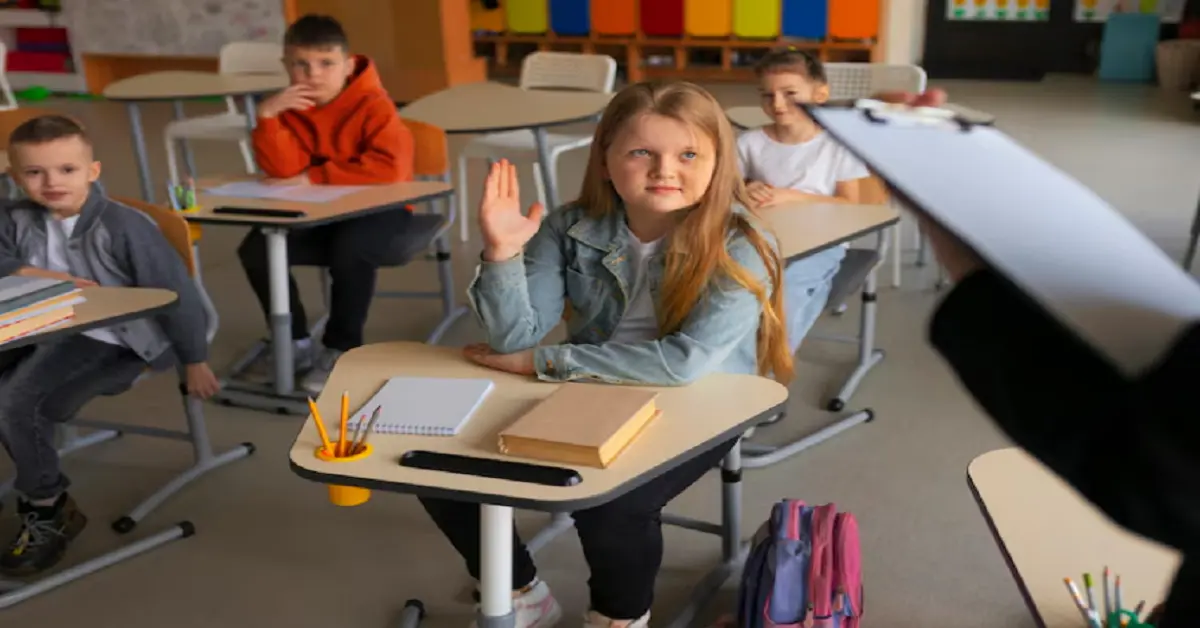Unblocked Classroom 6x: Unlocking the Potential of Education

In today’s digital age, traditional classrooms are evolving to meet the needs of modern learners. One such adaptation is the concept of the unblocked classroom, a pedagogical approach that embraces technology and removes barriers to learning. In this article, we delve into the significance of Unblocked Classroom 6x, their advantages, implementation strategies, challenges, and solutions.
I. Introduction to Unblocked Classroom
A brief definition
The unblocked classroom refers to an educational environment where barriers to accessing digital resources and tools are removed. It encourages the integration of technology in teaching and learning processes.
Importance of unblocking classrooms
Unblocked classrooms promote equity and inclusivity by ensuring all students have equal access to educational resources regardless of their location or socioeconomic background. They empower educators to leverage digital tools for personalized learning experiences.
II. Advantages of Unblocked Classroom
Enhanced accessibility
By leveraging technology, unblocked classrooms break down physical barriers and enable students to access educational content from anywhere with an internet connection. This accessibility fosters a more inclusive learning environment.
Increased collaboration
Unblocked classrooms facilitate collaboration among students and educators through digital platforms and tools. Students can collaborate on projects in real-time, fostering teamwork and communication skills.
Improved student engagement
Technology integration in unblocked classrooms enhances student engagement by providing interactive and multimedia-rich learning experiences. This dynamic approach caters to diverse learning styles and encourages active participation.
III. Implementing Unblocked Classroom
Technology integration
Effective implementation of unblocked classrooms requires integrating technology into the curriculum in meaningful ways. Educators must identify suitable digital tools and platforms that align with learning objectives and foster student engagement.
Flexible learning environments
Unblocked classrooms embrace flexible learning environments that accommodate diverse learning preferences and needs. This may include blended learning models that combine traditional face-to-face instruction with online resources.
Teacher training
Educator training is essential for successful implementation of unblocked classrooms. Teachers need support and professional development opportunities to effectively integrate technology into their teaching practices and address digital literacy skills.
IV. Challenges of Unblocked Classroom
Digital distractions
One of the challenges of unblocked classrooms is managing digital distractions. With access to a wide range of online resources, students may become easily distracted during class, impacting their focus and productivity.
Security concerns
Unblocked classrooms raise security concerns related to student data privacy and online safety. Educators must implement appropriate security measures to protect sensitive information and mitigate risks associated with internet usage.
Technical issues
Technical issues such as network connectivity problems or software glitches can disrupt learning in unblocked classrooms. Educators should have contingency plans in place to address technical issues promptly and minimize disruptions.
V. Strategies for Overcoming Challenges
Digital citizenship education
Educating students about responsible digital citizenship is crucial for mitigating digital distractions and promoting online safety. Incorporating digital citizenship curriculum into the learning environment helps students develop critical thinking skills and ethical behavior online.
Security measures
Implementing robust security measures, such as firewalls, content filters, and data encryption, helps safeguard student data and protect against cyber threats. Educators should collaborate with IT professionals to establish a secure digital learning environment.
Technical support
Providing technical support to students and educators ensures smooth operation of unblocked classrooms. Schools should have dedicated IT staff or helpdesk support to address technical issues promptly and provide training on using digital tools effectively.
VI. Case Studies
Successful implementation examples
Highlighting case studies of schools or districts that have successfully implemented unblocked classrooms can inspire educators and provide valuable insights into best practices and strategies for overcoming challenges.
VII. Conclusion
In conclusion, Unblocked Classroom 6x offer immense potential to revolutionize education by leveraging technology to create inclusive, engaging, and flexible learning environments. While they present challenges such as digital distractions and security concerns, proactive strategies and support systems can help educators overcome these obstacles and unlock the full benefits of unblocked classrooms.